16 pages • 32 minutes read
Edgar Allan PoeTo My Mother
Fiction | Poem | Adult | Published in 1849A modern alternative to SparkNotes and CliffsNotes, SuperSummary offers high-quality Study Guides with detailed chapter summaries and analysis of major themes, characters, and more.
Summary and Study Guide
Overview
“To My Mother” is a devotional sonnet written by Edgar Allan Poe. The poem was originally published in July 1849 in The Flag of Our Union, a popular weekly story newspaper based in Boston, Massachusetts. The lyric poem describes Poe’s tender affection for Maria Poe Clemm, his mother-in-law. The poem expresses admiration for motherhood as well as Poe’s sorrow over the early death of his wife. Due to the universality of the loving sentiment expressed toward mothers, portions of the poem were quoted on Mother’s Day plaques and cards in the 1920s through the 1940s.
Poet Biography
In 1809 in Boston, Edgar Allan Poe was born. His parents were both professional actors, and they named him “Edgar” after a character in the Shakespeare play’s King Lear, which they were both performing in at the time of his birth. They parted shortly after his birth, and Poe’s mother raised him until she passed away from tuberculosis at the age of 24 when Poe was almost three years old. His father also passed away, and Poe was taken in by John Allan, a successful businessman, and his wife Frances, in Richmond, Virginia.
Never formally adopted by his foster parents, Poe did not like John Allan: Poe’s creative and impractical personality and John Allan’s orderly and disciplined personality clashed frequently. At the University of Virginia, Poe was expelled due to his gambling habit, which left him deeply in debt. Back in Richmond, he and John Allan could not get along, and several years later when John Allan died, he disinherited Poe entirely and Poe received nothing from his foster family. Poe moved to Boston and entered the army.
In 1827 at the age of 18, Poe published Tamerlane and Other Poems, his first book of poetry, but the book received little praise or criticism. Poe was successful in the military and parlayed this into a short career at West Point, but he did not like it there and was dismissed. In 1831, Poe moved to Baltimore to live with Maria Clemm, his aunt on his biological father’s side. Poe married his 13-year-old cousin, Virginia Clemm, in 1836 at the age of 27. They struggled to achieve stability: Poe’s writing was not yet receiving any attention, and they experienced financial difficulties. Poe published three books of poetry and did not achieve fame, but in 1831 he submitted five short stories to Philadelphia’s Saturday Courier that were all published. Suddenly, he began to receive work as an editor, and his work was published in Southern Literary Messenger, a prominent literary magazine in Richmond, Virginia. He was given a job as an editor, and the magazine’s reputation soared.
Poe wished to shift the literary world from its power centers in New York and Boston toward the South. However, even as he began to achieve success, his use of alcohol increased. Poe then worked as an editor at Graham’s Magazine but became disillusioned with the magazine’s popular nature. In this period, Poe published some of his most famous poems and short stories, including “The Murders in the Rue Morgue” (1841), the first modern detective story, and “The Raven” (1845), which gave him literary fame. He was paid only $9 for the poem.
Poe dreamed of owning a literary journal but lacked the financial means to do so. From funds gathered from his writing and the public lectures he delivered, Poe purchased The Broadway Journal, but the journal failed after six months due to lack of funding. Poe never had an official job after that. Poe, his wife, and his mother-in-law moved to Fordham, New York due to Virginia’s worsening tuberculosis: They believed that the country air would relieve her illness. However, in 1847, Virginia passed away from tuberculosis at the age of 24, just as his biological mother had three and a half decades earlier.
Poe fell into despair following Virginia's death and began drinking alcohol even more heavily. He began courting wealthy women through letters to secure a greater fortune for himself, but these efforts were for naught and never resulted in marriage. On October 3, 1849, during a trip from Richmond, Virginia to New York City, Poe was discovered in Baltimore, Maryland. In a state of delirium and confusion, he could not explain what happened to him in Baltimore, and he died a few days later in the hospital at the age of 40. The precise cause of his death remains a mystery.
Poe’s influence has been wide-ranging. He was an essential figure in the Romantic movement, inspiring Charles Baudelaire, a French Symbolist poet who translated Poe’s writings into French, which brought Poe international recognition. Poe is credited with inventing or contributing essential elements to several genres, including horror, science fiction, and detective fiction. His poems, including “The Bells” (1849) and “Annabel Lee” (1849), and his short stories, such as “The Fall of the House of Usher” (1839), “The Tell-Tale Heart” (1843), and “The Cask of Amontillado” (1846), are well-loved and widely read to this day.
Poem Text
Because I feel that, in the Heavens above,
The angels, whispering to one another,
Can find, among their burning terms of love,
None so devotional as that of “Mother,”
Therefore by that dear name I long have called you—
You who are more than mother unto me,
And fill my heart of hearts, where Death installed you
In setting my Virginia's spirit free.
My mother—my own mother, who died early,
Was but the mother of myself; but you
Are mother to the one I loved so dearly,
And thus are dearer than the mother I knew
By that infinity with which my wife
Was dearer to my soul than its soul-life.
Poe, Edgar Allan. “To My Mother.” 1849. Poetry Foundation.
Summary
The first five lines of the poem describe a scene of angels in heaven quietly deciding that the word “Mother” is the most heartfelt of all names. The speaker states that of all the loving names that exist in the world, “mother” is the most adoring name that one can call another. The speaker then states that the person who is being addressed is one of the most important people in the speaker’s life, as the speaker has long called the person by the name “mother.” The speaker offers additional information about the person being addressed. He states that she is even more important than a typical mother, because the person has also given him the love of his life by creating Virginia (a reference to Poe’s deceased wife). This statement clarifies that the mother Poe is referring to is not his own mother but his mother-in-law, Maria. Poe alludes to Virginia’s early death by stating that “Death” (Line 7) freed her spirit.
In Line 9, the speaker mentions his biological mother who passed away when the speaker was very young. However, his biological mother was not as important to him as his mother-in-law. He states that while his biological mother gave him life, his mother-in-law gave life to his beloved Virginia. In the sonnet’s final couplet, or pair of rhymed lines, the speaker states that the reason he feels such strong devotion to his mother-in-law is because his Virginia was dearer to his soul than his own “soul-life” (Line 14): He loved Virginia infinitely more than he loved life itself, and thus, he will be forever grateful to her mother for creating her.
Related Titles
By Edgar Allan Poe
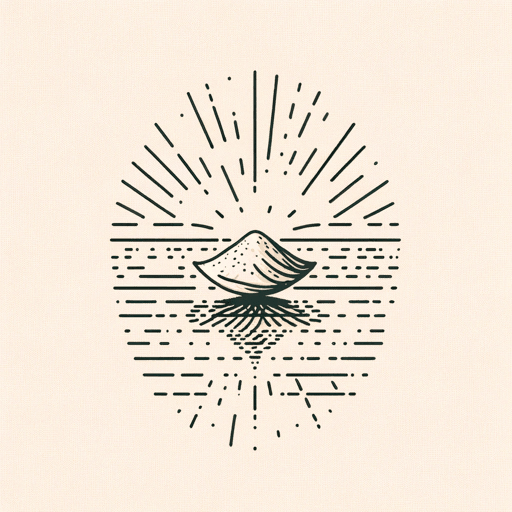
A Dream Within a Dream
Edgar Allan Poe

Annabel Lee
Edgar Allan Poe

Berenice
Edgar Allan Poe
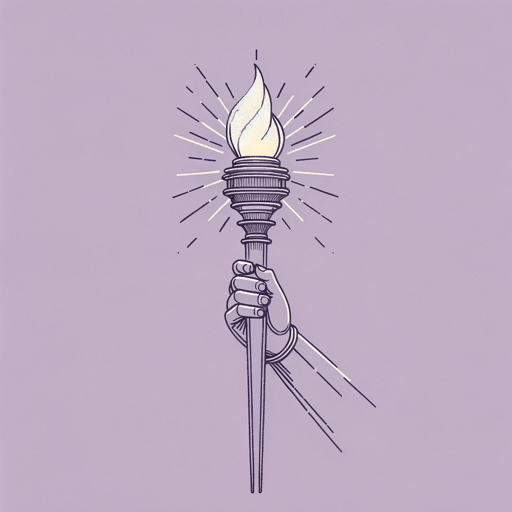
Hop-Frog
Edgar Allan Poe

Ligeia
Edgar Allan Poe

Tamerlane
Edgar Allan Poe

The Black Cat
Edgar Allan Poe

The Cask of Amontillado
Edgar Allan Poe
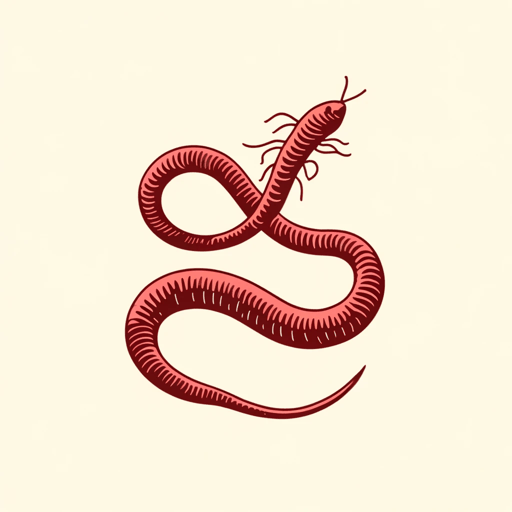
The Conqueror Worm
Edgar Allan Poe
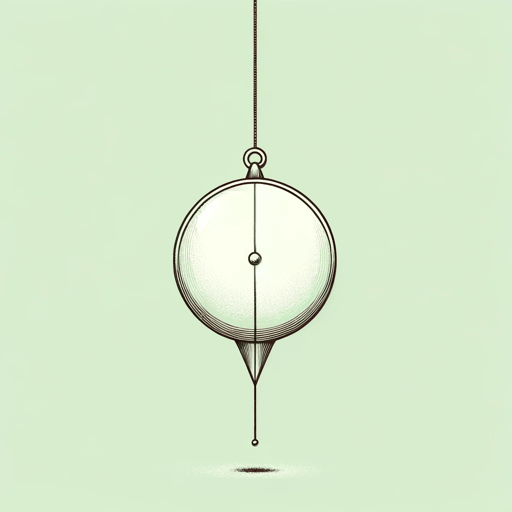
The Facts in the Case of M. Valdemar
Edgar Allan Poe

The Fall of the House of Usher
Edgar Allan Poe

The Gold Bug
Edgar Allan Poe

The Haunted Palace
Edgar Allan Poe
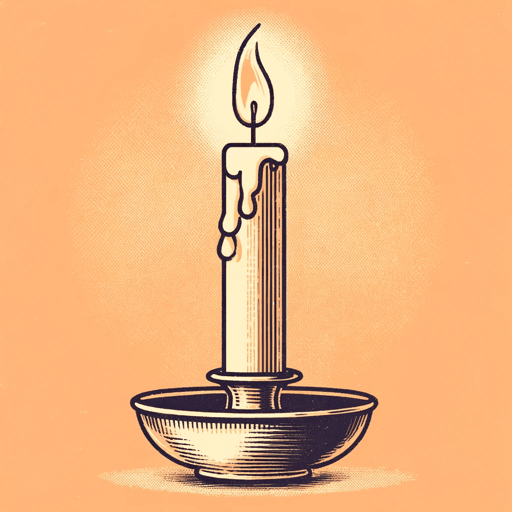
The Imp of the Perverse
Edgar Allan Poe

The Lake
Edgar Allan Poe
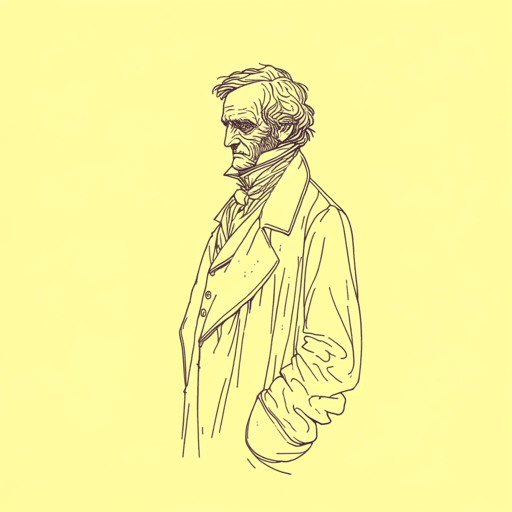
The Man of the Crowd
Edgar Allan Poe

The Masque of the Red Death
Edgar Allan Poe

The Murders in the Rue Morgue
Edgar Allan Poe

The Narrative of Arthur Gordon Pym of Nantucket
Edgar Allan Poe

The Oval Portrait
Edgar Allan Poe

